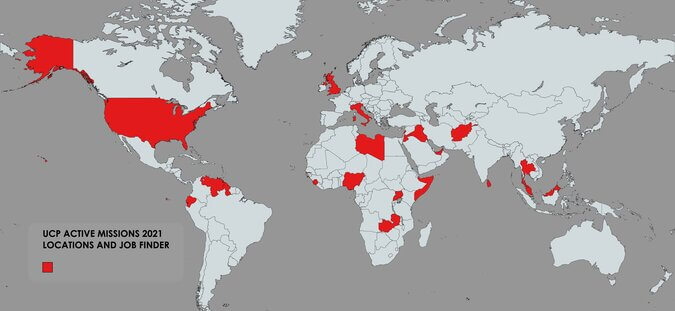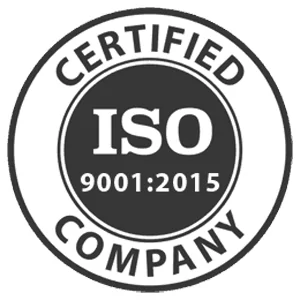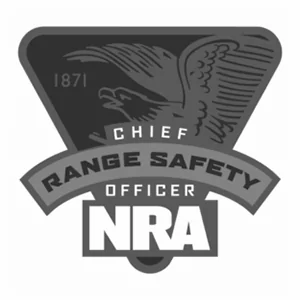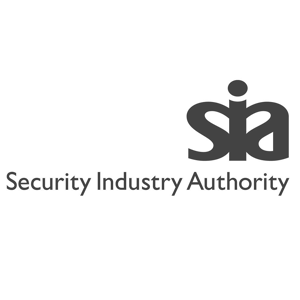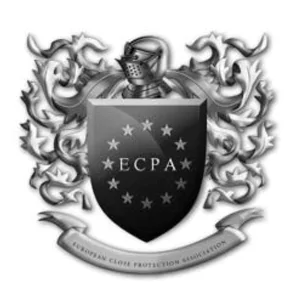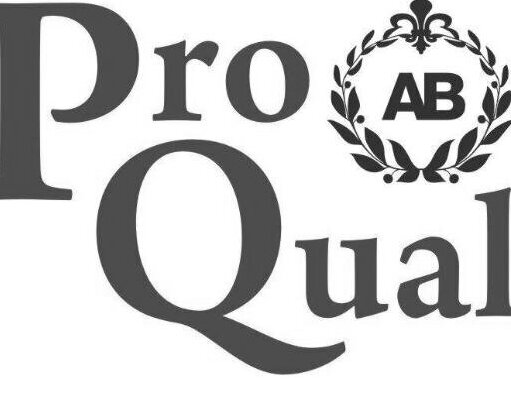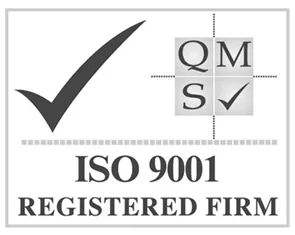About UCP Group | Leading Security Training & Solutions
Global Leaders in Security Training & Risk Management Solutions
(2001 - Present Day)
UCP is a leader in global high-risk security, security solutions, security management, security consultancy, security training, and security operational services.
UCP has, surpassed our client’s expectations for more than two decades and still going strong, with the same passion and determination as to when we started in 2001.
The foundation of UCP is built on our tactical, educational, and motivational appliances.
UCP provides the best level of service tailored to the client’s budget
With a global vision, ucp has developed a security company that specializes in what it knows best.
The foundation of UCP is built on our tactical, educational, and motivational appliances.
Close Protection Training
Up Close and Personal Group are Leaders in the field of Close Protection for the past 3 decades. Working alongside the Worlds Special Forces and delivering foreign governments the best quality of training in specialist fields like, weapons, survival, SERE B, Bushcraft, Executive Close Protection, Surveillance, Hostile Environment Operations, Close Quarters Battle CQB, and of course anything Bodyguard.
UCP Chose The Best Possible Workforce To Take This Forward With The Industry Knowledge From Former And Present Private Military And Security Contractors (PSC/PMC)
For UCP To Make This Happen We Selected Some Of The Best Personnel In The Industry From Former And Present Operatives And Instructors Including Members Of The 22nd Special Air Service Regiment (22 SAS), UKSF Such As The Royal Marine Commandos, British Military Firearms Instructors And (CBRN) Chemical, Biological, Radiological And Nuclear Instructors. Civilians With Expert Knowledge Of VIP And Celebrity Protection, Former Members From The Elite Unit 109 (Private Contracting High-Risk Security Unit) MI5 Former intelligence officers and experts in their field.
With A Blueprint Of World-Class Instructors And Operators From Private And Military Backgrounds, There Are No Limits For What UCP Can Deliver.
Close protection training, also known as executive protection training or bodyguard training, is a specialized form of security training designed to prepare individuals to protect clients who may be at risk due to their occupation, status, or other factors. Here’s an overview of what such training typically entails, along with ways it could be enhanced:
Risk Assessment and Threat Analysis: Trainees learn to assess potential risks to their clients by analysing various factors such as the client’s profile, current events, and the environment. Enhancement: Incorporate real-world case studies and simulations to give trainees practical experience in assessing and managing threats.
Protective Driving: Close protection operatives often need to safely transport clients from one location to another. Training includes defensive driving techniques, route planning, and vehicle maintenance. Enhancement: Integrate advanced driving courses with scenarios that simulate high-stress situations, such as evasive manoeuvres or vehicle ambushes.
Physical Security Skills: This includes techniques for securing buildings and locations, such as conducting security sweeps, managing access control, and implementing emergency protocols. Enhancement: Include hands-on exercises in various environments, such as urban, rural, or crowded areas, to simulate real-world security challenges.
First Aid and Medical Training: Close protection operatives are often the first responders in medical emergencies. Training covers basic first aid, CPR, and potentially more advanced medical skills depending on the level of training. Enhancement: Offer certifications in advanced medical training such as trauma care or tactical combat casualty care (TCCC) to enhance operatives’ ability to respond effectively in critical situations.
Firearms Training: Many close protection operatives are armed and require extensive training in firearms handling, marksmanship, and legal considerations surrounding the use of force. Enhancement: Provide ongoing training and scenario-based exercises to improve decision-making under pressure and ensure operatives are proficient with their firearms.
Communication and Conflict Resolution: Effective communication is crucial in close protection, both in interacting with clients and de-escalating potential conflicts. Training focuses on verbal and non-verbal communication skills, conflict resolution techniques, and maintaining a professional demeanour. Enhancement: Offer role-playing exercises and simulations to practice communication skills in realistic scenarios, such as dealing with aggressive individuals or diffusing tense situations.
Cultural Awareness and Etiquette: Close protection operatives often work with clients from diverse backgrounds and may travel internationally. Training includes understanding cultural norms, customs, and etiquette to avoid misunderstandings and ensure professionalism. Enhancement: Incorporate cultural sensitivity training and immersive experiences to expose trainees to different cultures and help them develop a global mindset.
Psychological Resilience and Stress Management: Close protection work can be mentally and emotionally demanding. Training includes strategies for managing stress, maintaining focus under pressure, and coping with potentially traumatic situations. Enhancement: Integrate mental resilience training, mindfulness techniques, and access to counselling services to support operatives’ well-being and performance.
By enhancing close protection training in these areas, individuals can be better prepared to provide effective security and protection for their clients in a wide range of situations.
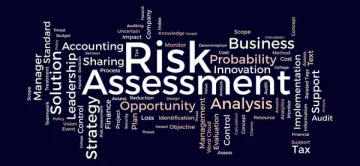

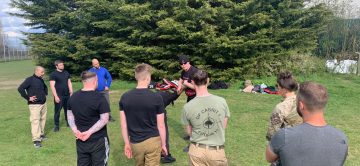
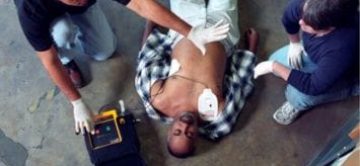

Communication and Conflict Resolution


Psychological Resilience and Stress Management
Operations
Close protection services, often referred to as executive protection or bodyguard services, involve the provision of security measures to safeguard individuals who may be at risk due to their occupation, status, wealth, or other factors. The primary objective is to ensure the safety and security of the client by mitigating potential threats and risks that they may encounter.
These services are typically provided by highly trained professionals with backgrounds in law enforcement, military, or private security. Close protection agents undergo rigorous training in defensive tactics, threat assessment, surveillance detection, and emergency response procedures to effectively protect their clients.
Threat Assessment: Close protection agents conduct thorough assessments to identify potential risks and vulnerabilities to the client’s safety. This involves analysing factors such as the client’s profile, current environment, known threats, and upcoming events.
Security Planning: Based on the threat assessment, agents develop comprehensive security plans tailored to the client’s needs. This may involve implementing measures such as secure transportation arrangements, venue security, and access control.
Personal Protection: Close protection agents provide physical protection to the client by maintaining a close proximity and employing various defensive techniques to deter and respond to potential threats. This may include escorting the client during travel, conducting security sweeps of locations, and maintaining vigilant surveillance.
Emergency Response: In the event of a security breach or emergency situation, close protection agents are trained to react swiftly and decisively to ensure the safety of the client. This may involve evacuating the client from danger, coordinating with law enforcement, or implementing emergency protocols.
Intelligence Gathering: Close protection agents gather intelligence on potential threats and adversaries to proactively identify and mitigate risks. This may involve monitoring online activity, conducting surveillance operations, and liaising with intelligence agencies.
Close protection services are commonly utilized by high-profile individuals such as politicians, celebrities, corporate executives, and diplomats, as well as individuals facing specific threats or security concerns. By employing skilled professionals and implementing proactive security measures, close protection services aim to provide clients with peace of mind and protection against potential threats to their safety and well-being.
